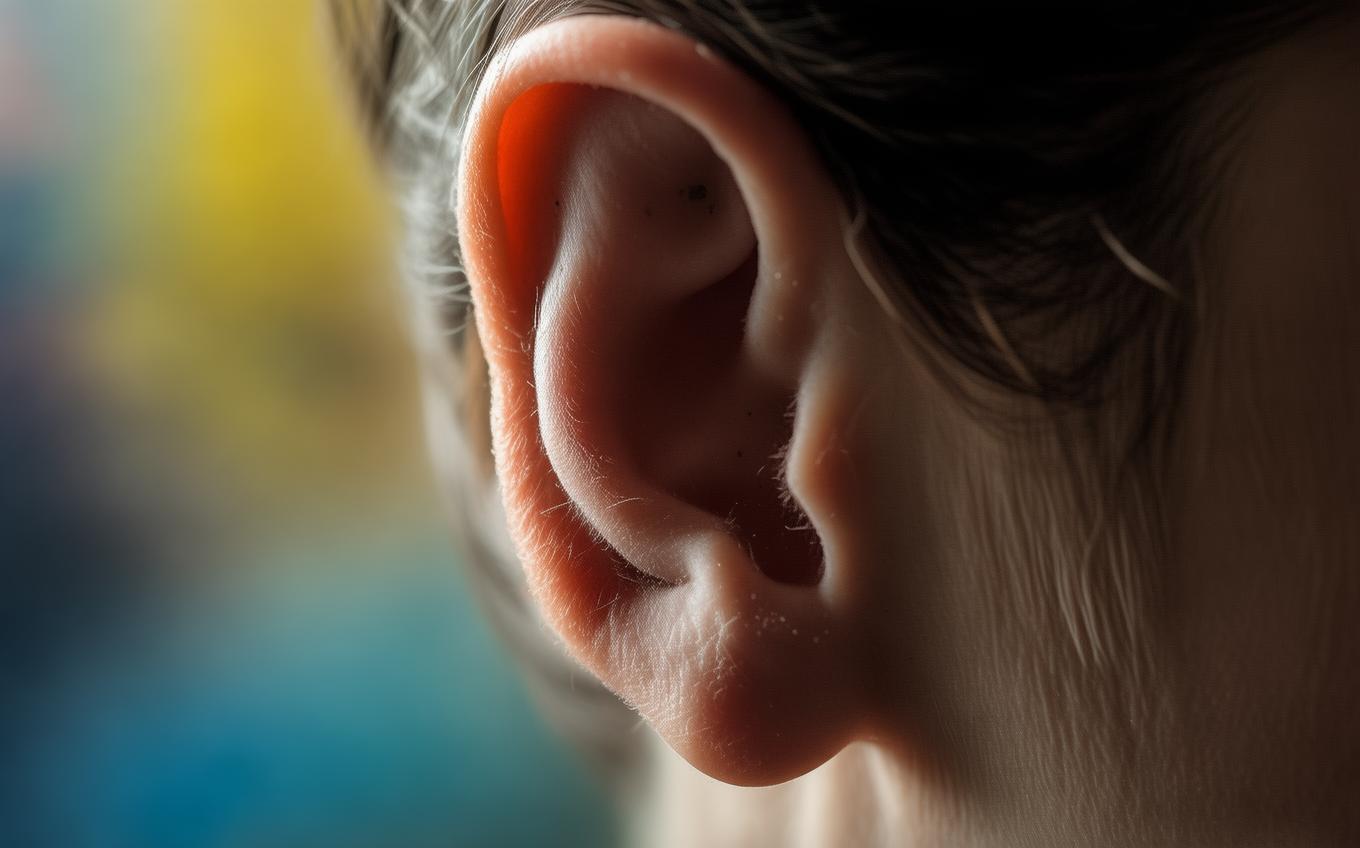Understanding "耳朵" - Chinese Word Explanation
1. Basic Information
- Word: 耳朵
- Pinyin: ěr duo
- Literal Meaning: "ear" (耳) + "hanging part" (朵, often used to describe ear-like shapes)
- Primary Meaning: The physical ear (the organ of hearing).
2. In-depth Explanation
- Context and Usage:
- "耳朵" is the most common word for "ear" in Chinese, referring to the anatomical part of the body used for hearing.
- It is used in both formal and informal contexts.
-
The word can also appear in idiomatic expressions or metaphors, such as "耳朵软" (ěr duo ruǎn, meaning "easily influenced by others").
-
Character Breakdown:
- 耳 (ěr): Stands alone as the word for "ear." It is also a radical (a component used in many Chinese characters related to hearing or ears).
- 朵 (duo): Originally meant "flower" or "cluster," but in "耳朵," it serves as a phonetic component and adds a descriptive nuance (like the shape of an ear).
3. Example Sentences
-
Chinese: 我的耳朵很疼。
Pinyin: Wǒ de ěr duo hěn téng.
English: My ear hurts a lot. -
Chinese: 她戴着漂亮的耳环在耳朵上。
Pinyin: Tā dàizhe piàoliang de ěrhuán zài ěr duo shàng.
English: She wears beautiful earrings on her ears. -
Chinese: 小狗的耳朵竖起来了。
Pinyin: Xiǎo gǒu de ěr duo shù qǐlái le.
English: The puppy’s ears perked up.
Cultural Notes
- In Chinese culture, ears are sometimes symbolically significant. For example:
- Large ears are traditionally associated with good fortune or longevity (e.g., depictions of Buddha with long earlobes).
- The phrase "耳朵根子软" (ěr duo gēnzi ruǎn) describes someone who is easily persuaded, reflecting cultural values around independence and discernment.
Conclusion
"耳朵" (ěr duo) is the standard term for "ear" in Chinese, used in everyday conversation and writing. Remember that 耳 alone also means "ear," while 朵 adds a descriptive touch. Practice using it in sentences to become comfortable with this essential body part vocabulary!




Comments (0)
No comments yet. Be the first to comment!